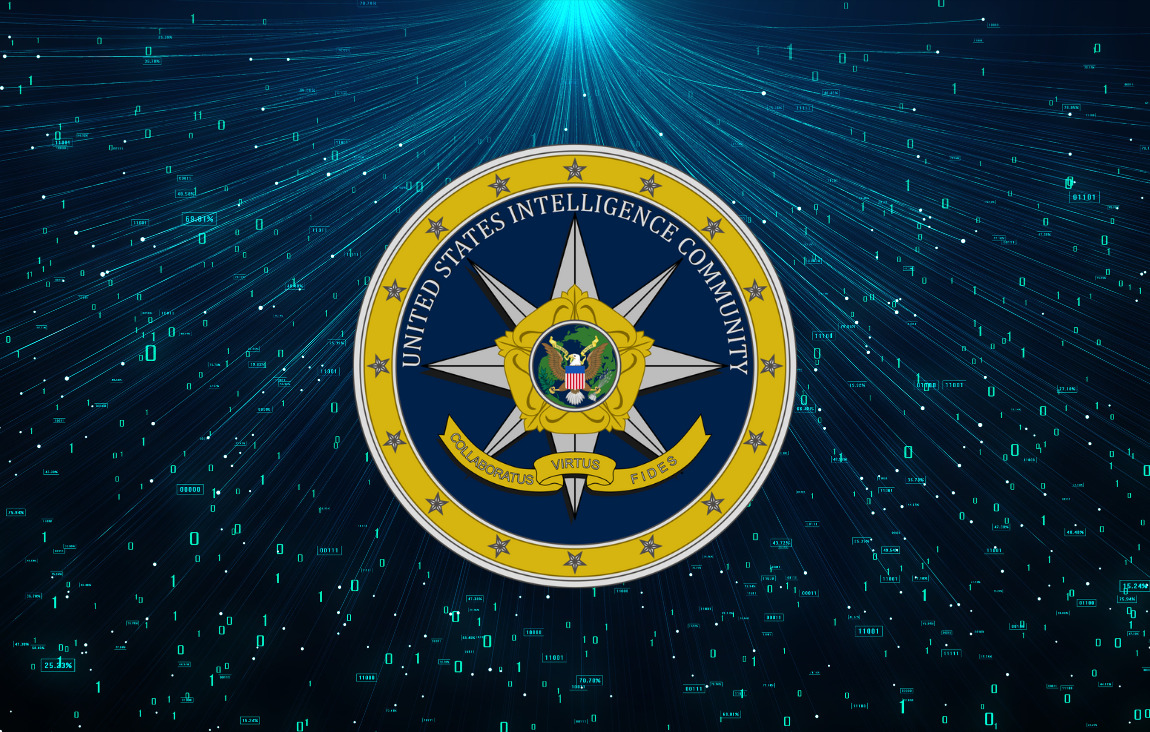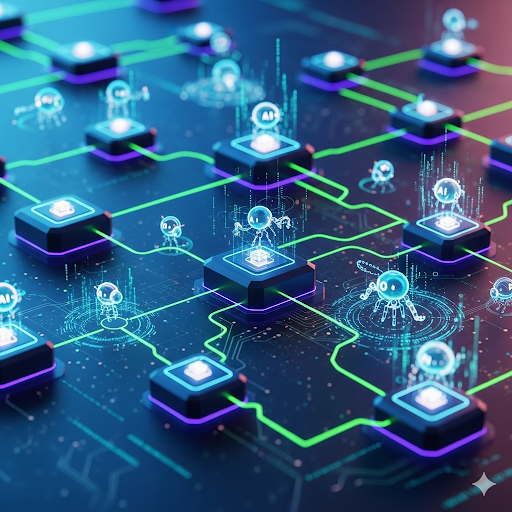LabsDAO has developed a groundbreaking system for simulating Decentralized Autonomous Organizations (DAOs) using SwarmGPT and AI agents powered by both reinforcement and deep learning. This innovative solution, called the DABS (Decentralized Autonomous Blockchain Simulator), represents a significant leap forward in blockchain technology simulation. A patent is pending on this novel technology, which enables an unprecedented depth of analysis into DAO dynamics, governance models, and token economics.
National Security Benefits
The ability to accurately simulate decentralized organizations provides a crucial advantage in the modern security landscape.
- Countering Malign Influence: By simulating the behavior of malicious DAOs, security agencies can model how these groups might coordinate, make decisions, and evolve. This allows for the development of strategies to disrupt their operations, anticipate their moves, and counter their influence in real-time. This is particularly relevant for groups using decentralized structures for illicit activities like money laundering, terrorism financing, or disinformation campaigns.
- Enhanced Cybersecurity: The DABS can be used as a testbed to identify vulnerabilities in blockchain-based systems. By running simulations with adversarial AI agents, security teams can perform "red team" exercises to stress-test the resilience of a DAO's governance and smart contracts against sophisticated cyberattacks. This helps in building more secure and robust blockchain architectures for government use.
- Supply Chain Resilience: A key application is simulating supply chains to identify single points of failure. The DABS can model a decentralized supply network and analyze how it would respond to disruptions, whether from a natural disaster or a state-sponsored attack. This informs strategies for building more resilient, distributed logistics and resource management systems.
Intelligence Community Benefits
The DABS platform provides a unique environment for the intelligence community (IC) to gain a deeper understanding of complex, non-traditional threats and opportunities.
- Predictive Analysis: The simulation system allows the IC to run "what-if" scenarios for decentralized conflicts. By modeling the behaviors of different factions within a DAO—each with their own goals and learning capabilities—analysts can predict emergent behaviors, power shifts, and potential outcomes of real-world decentralized events.
- Understanding Non-State Actors: The DABS is a powerful tool for understanding the internal dynamics of decentralized non-state actors. It can simulate how these groups, from ideological movements to covert networks, make decisions, distribute resources, and manage consensus without a central command. This provides a level of insight that is impossible to gain through traditional intelligence gathering.
- Training and Wargaming: The DABS serves as a dynamic wargaming environment. The IC can use the DAO sandbox to train personnel on the nuances of decentralized governance and swarm intelligence. Agents can be configured to mimic specific adversaries, allowing human analysts to practice decision-making in a simulated, high-stakes environment where every action has cascading effects on the decentralized system. This prepares personnel for the challenges of a future dominated by decentralized conflict and collaboration.


